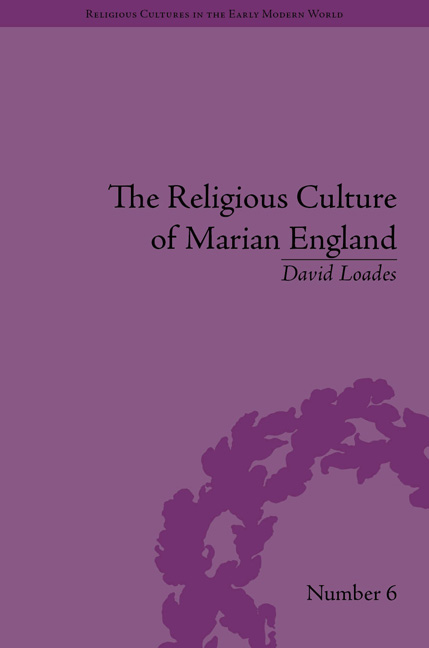Book contents
5 - Heresy and Dissent
Summary
In the middle years of the sixteenth century, heresy was not as clearly defined as it later became, particularly at the grass-roots level. Whereas the preacher who roundly asserted that salvation came by faith and not by good works was clearly (in that respect at least) a Lutheran, and he who asserted that the bread and wine remained in the Eucharistic elements was a reformer of a more radical kind, the much vaguer mutterings among their flocks were harder to pin down. The desire to reform the Church was pervasive. Cardinal Ximenes was a reformer, so were Cajetan, Morone and Pole. Erasmus was a reformer, so too was Cardinal Caraffa, later Pope Paul IV. Where the line should be drawn between the reformers' criticisms and the dissenters' heresy was largely a matter of judgement. Erasmus is a good case in point. Never condemned in his own lifetime, he considered himself to be a loyal son of the Church; yet twenty years later his works were put on the index of prohibited books. Cardinal Pole, a fierce enemy of heretics in England, was himself suspected by Paul IV, and his Legateship withdrawn. Cardinal Morone was imprisoned in Rome for the same reason and Bartolomé Carranza, Pole's right-hand man while in England, later spent seventeen years in the prisons of the Inquisition. Even Martin Luther considered himself to be an orthodox Augustinian, who had been condemned because of the ambiguities of the Church's teaching, and there were those in Rome in the 1530s who were inclined to agree with him. In other words, reform was nuanced. Ximenes, Pole and Morone were never condemned, while Carranza was, and Erasmus was by implication. A multitude of errors were found in the works of Luther, but his main heresy was justification by faith alone. Zwingli was guilty of far more serious deviation on the doctrine of the Eucharist, while Calvin was deemed responsible for spreading a whole raft of mistaken doctrine, from the Eucharist to predestination.
- Type
- Chapter
- Information
- The Religious Culture of Marian England , pp. 81 - 96Publisher: Pickering & ChattoFirst published in: 2014



